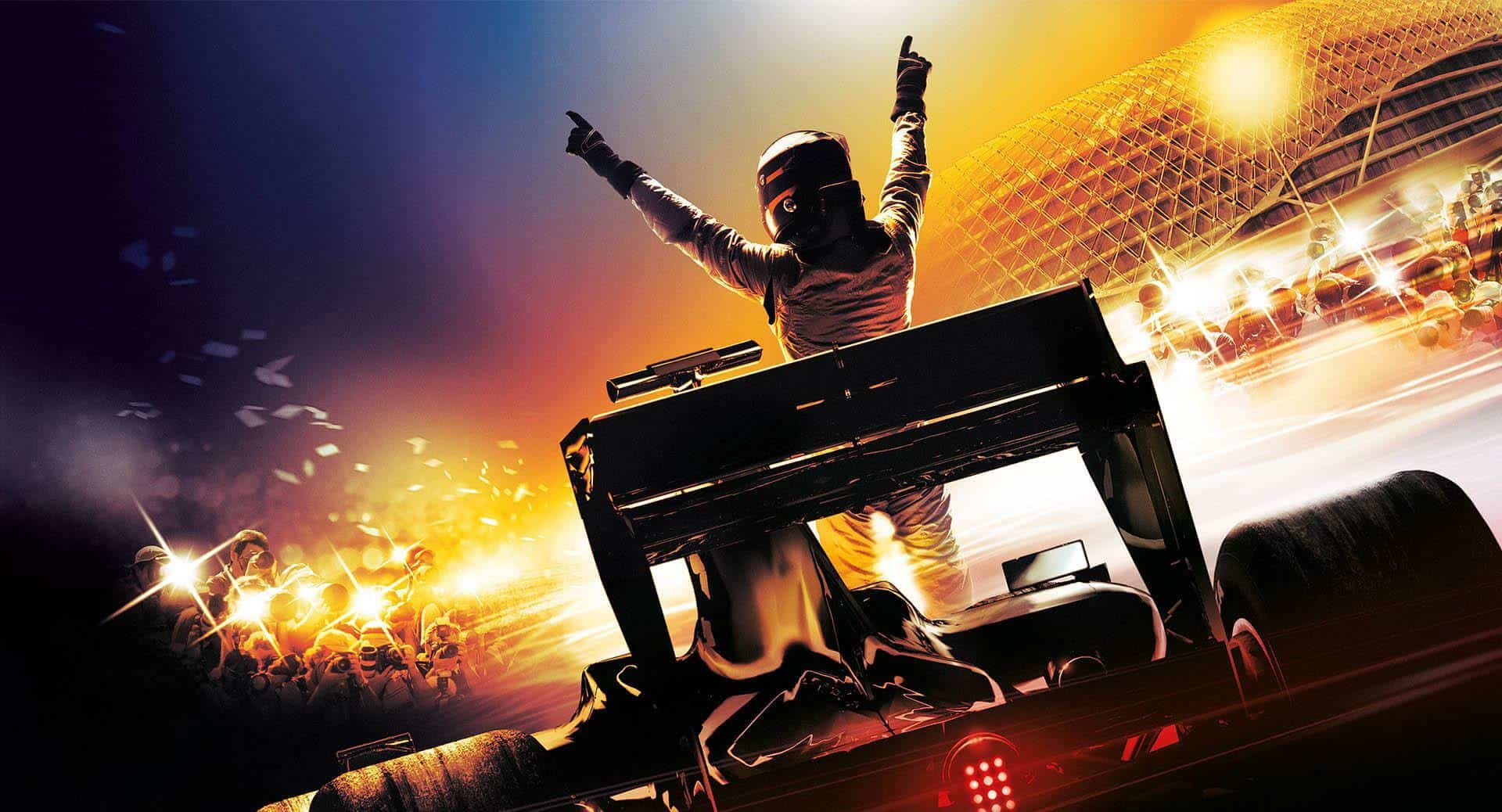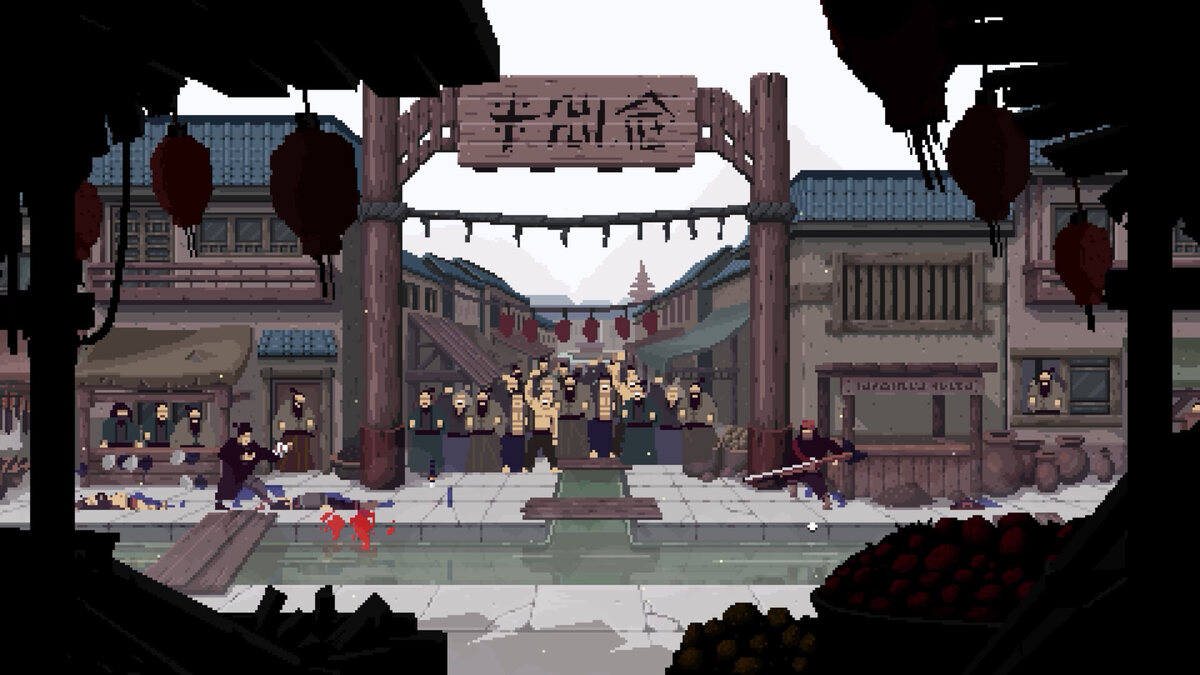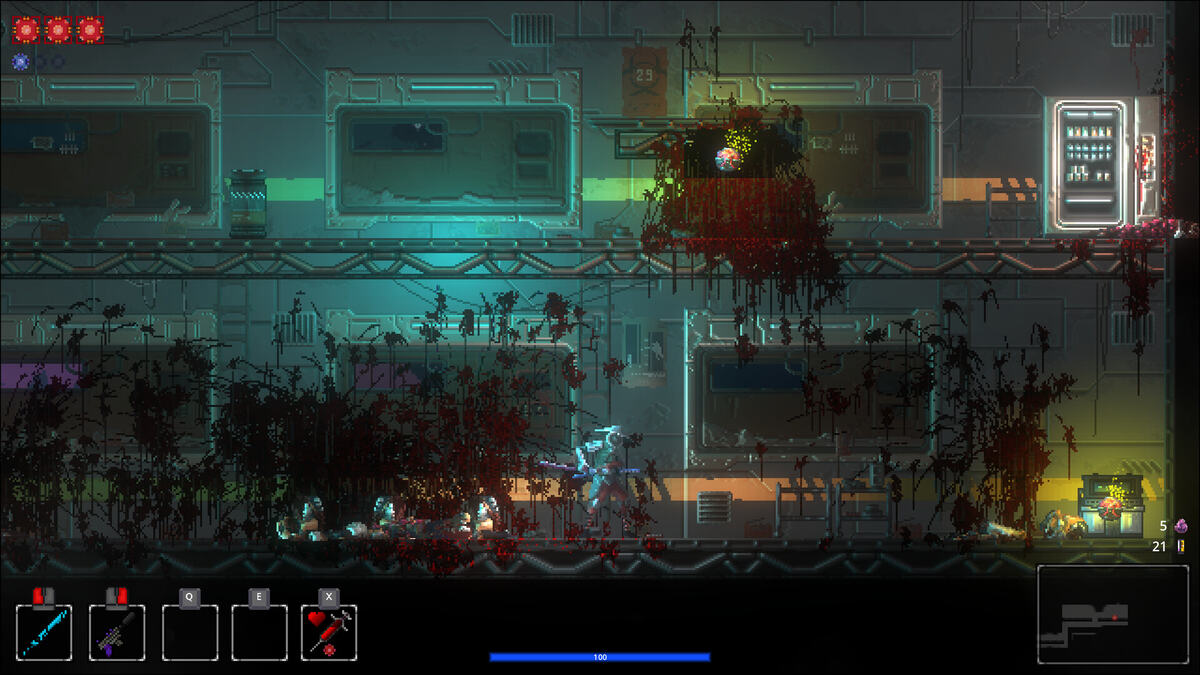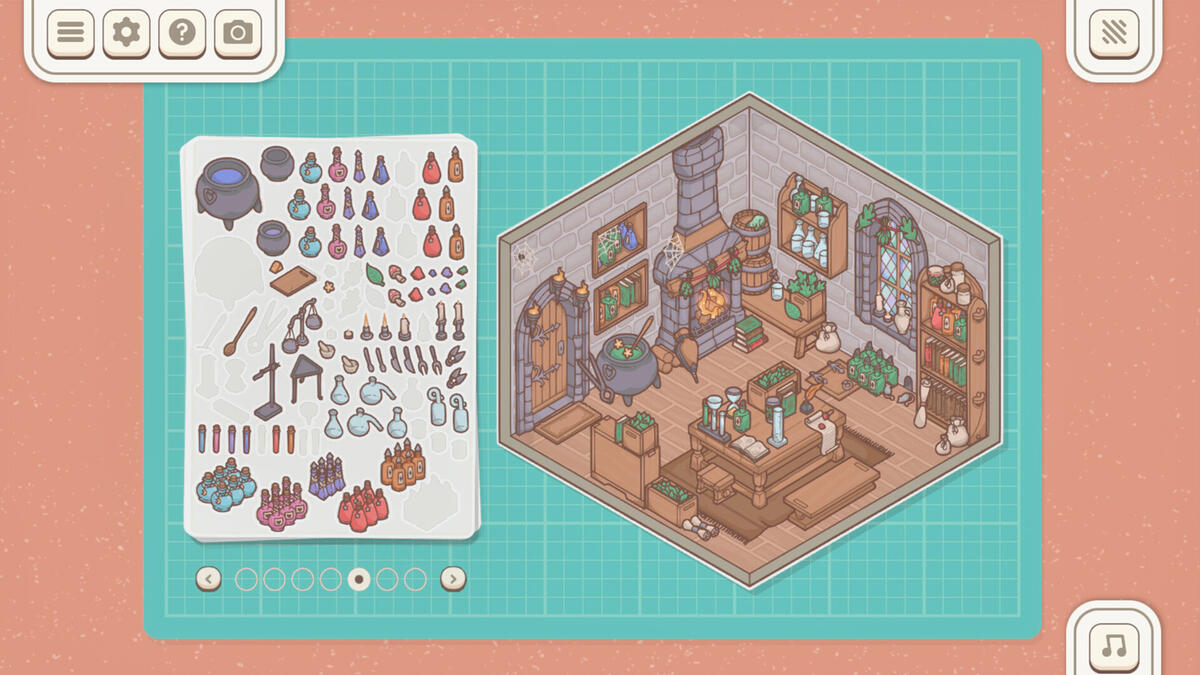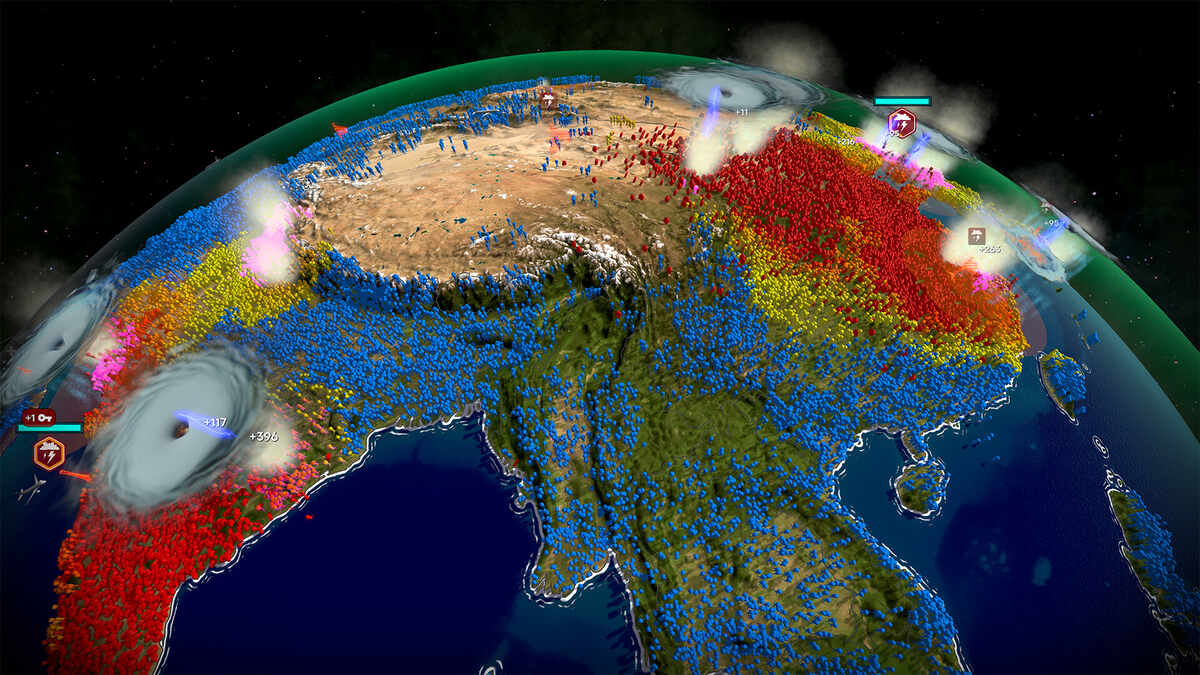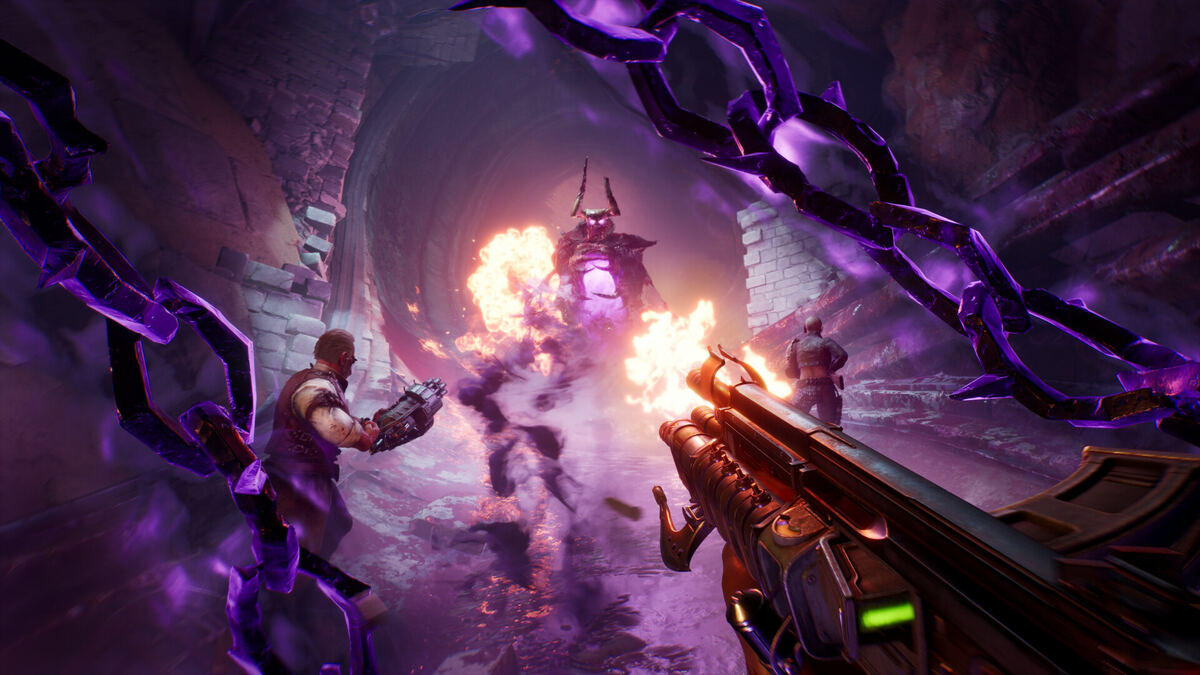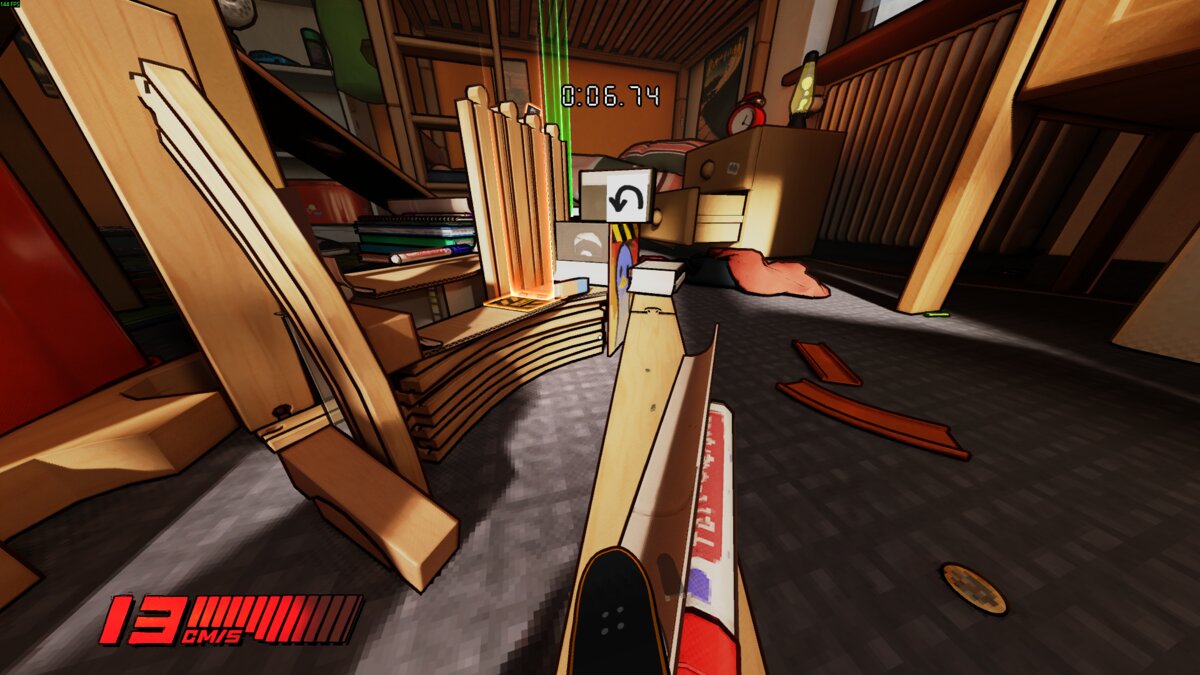You can trust VideoGamer. Our team of gaming experts spend hours testing and reviewing the latest games, to ensure you're reading the most comprehensive guide possible. Rest assured, all imagery and advice is unique and original. Check out how we test and review games here
Paul Jeal is the senior producer on Codemasters’ F1 2010. Last month we sat down to talk about the new game, the challenges of simulating a highly technical sport, and why good things will come to those who wait.
Q: F1 is a sport that changes and evolves on a regular basis. Does that have a big effect on the way you put the game together, and how do you make the decision to “lock-off” the project to further developments?
Paul Jeal: My first job in the morning, and at night and at various points throughout the day, is to be glued to the F1 community. Luckily I’ve been an F1 fan for 25 years. I absolutely live and breathe it, so it’s fun and enjoyable for me. The decision from the company to not do a 2009 game, to do 2010 and make sure it’s right, is fantastic. It was a difficult decision, obviously. We paid a lot of money for the license, just to release the Wii version. We know that many fans would have wanted the game out earlier, but it’s all about getting it right from the off.
Q: Do you think it would have been the wrong decision to try to make a game last year, then? Or could it have worked either way?
PJ: Ego [The game engine] has given us a great head start in terms of all the on-track stuff. Once you’re building off cool established tech it’s a lot easier to say, “Well, these are the elements we need to change,” as opposed to “We’ve got to write all this stuff.” So you could never even begin to think about the Live the Life stuff if we had to make everything from the off. Obviously things like the weather are new and will go in there. In terms of keeping your ears pricked as to what’s on the horizon for 2010, it’s certainly been a massive challenge. I know that there will be a lot of people wondering why the game isn’t out already, but the reality is that the cars aren’t on track. I mean, we saw that Red Bull missed the first test session because they were redesigning their car to the last minute. And even in cases where we do get the car, pad, photography and reference earlier than the rest of the big wide world, it all changes instantly before the first race. Things change massively. You’ve got to have your line in the sand, obviously, but we want to leave that as late as possible, so that it’s authentic. Letting a few races go past isn’t ideal from a sales and marketing point of view, but I think in terms of getting accuracy, over releasing stuff as DLC, it’s actually the right thing.
Q: F1 is a very technical sport, particularly in terms of the way small changes can affect the handling or performance of a car. Is it hard to decide how far you take that attention to detail? I’m guessing you still want to make the game as accessible as possible.
PJ: The fans of F1, the spectrum runs right from the casual gamer right up to the most hardcore racing fans. There’s a broad gap there, but it was clear for us that we didn’t want to bring it down to a selection of arcade versus sim, all that. When a car behaves in a realistic but predictable manner, everyone can relate to that. Just because you’re going realistic doesn’t necessarily make things too hard. When it comes down to the car being predictable and consistent, it’s actually a lot easier. The problem with Formula 1 cars is that they do 230 miles per hour, and accelerate from 0 to 100 in about five seconds! But that’s where the racing assists come in. Our take on racing assists is that we’re going to pretty much offer the same suite as other games: a dynamic racing line that tells you when you’re going too fast, or when you need to brake, manual gears or automatic, steering and braking assists. But one thing we don’t want is a situation where you have all those aids turned on and the car is basically driving itself, on rails. That’s not fun. It’s key to us that even if someone has all the assists on, and they’re quite a casual player, there’s still a bit of oversteer or understeer, things they can then adapt to. Otherwise it’s not a racing game…
Q: It’s an on-rails shooter with no shooting!
PJ: There are other elements we looked at as well, like car setup. If you want a more aggressive, faster setup it’s going to compromise you, it’ll be harder to drive. Or you might want an easier car to drive that won’t be as quick. We encourage players to do practice, that’s where the R&D points are accumulated. The most hardcore players will come out of the garage, do the investigation lap, then do the blind lap then come in and practice for qualifying. But for your more causal gamers, gamers who would traditionally jump straight to the race, we allow them to skip straight to a sector [of the track] if they just want to focus on learning that bit. At every point in the game we’re looking at how we can make this particular, fairly geeky element appeal to someone who’s a little bit more casual.
Q: You’ve also got a rewind tool, just like DIRT 2. Are we close to the point now where that’s an essential feature in a racing title?
PJ: I think so, in particular with Formula 1. I know that the hardcore masses are saying, “No! I don’t want to use this!”, but in Formula 1 you have 24 cars, all going at astronomical speeds, all braking into this tiny piece of tarmac at the beginning of the race. People are going to get it wrong a lot of the time. Having things like the flashback, I don’t necessarily think that’s cheating. It’s definitely going to cost you things in terms of your career. If you use it, you’re going to pay the penalties for using it.
Q: What kind of penalties?
PJ: Things like not getting as much XP. And there are other things we’re looking at. Perhaps the driving aids add weight to your car, so therefore your performance is slightly affected. So you get benefits to using these things, but there are also penalties.
Q: People who are into their racing games often get a bit obsessed with frame rates. You’ve got a frame rate of 30 fps, correct?
PJ: We made a decision early on to go for a solid 30. I think the quality levels of Grid and Dirt 2, the extra visual impact you get, for me that’s a bigger win than the extra you gain from a higher frame rate. In addition to that we’ve obviously got more cars on track, we’ve got bigger garage crews, the crowds, the weather – and all these things are eating away bits of memory. To do 60fps was too much of a sacrifice.
Q: Do you think the importance of frame rate is overstated?
PJ: For me personally, I would say yes. One of the things that’s interesting when we have Anthony Davidson coming to look at the car handling is [realising] how much time these guys have got when they’re in a race. You would have thought that when you’re driving at 230 mph down a straight, the car would be all over the place and into the paddock and it’d be over in a second. But it’s actually not like that: you’re driving along, you can see faces in the crowd, and it’s actually quite relaxing. So we’ve had to alter our field of view so that it’s not all “hyperspace”, with things coming at you at a million miles an hour. That’s perhaps what people perceive F1 to be, but it’s going to introduce handling issues. You’re going to make more mistakes, and it’ll be frustrating. So I do think there is too much focus on that, and when you consider what we’re going to get from not having that.
Q: I’m interested in the new Live The Life mechanics, the RPG-like touches where your driver interacts with the media, and so forth. How much control will the player have over what they say, and what will be the knock-on effects?
PJ: The media is first and foremost a feedback mechanism for how well you’re doing, based on the number of people that sit in your paddock area. But you can use the media to affect things in the game like your teammate’s performance, how quickly the team deliver upgrades to you, and how interested other teams might be. You can also press [media attention] onto other drivers. So it might be that you use the media to pressurise a championship rival late in your first season, and he’ll make more mistakes. But if you try that later on in your career with someone like Alonso or Schumacher, and they’re much less likely to be affected – or else they might try to raise their game to show you who’s boss. You get multiple answers to the questions that are asked, and it all has an effect on the game. The other thing we’re pointing out is that it won’t be just random questions. You won’t have a load of drama on-track and then get asked about something entirely unrelated. It’ll all be tied in to what’s happened on the track.
Q: So if you get a bad crash…?
PJ: Yeah, it’ll be mentioned.
Q: Will you have the option to shoot your mouth off?
PJ: Yeah, absolutely! I’m a big fan of football management games, and I like it when you can give your team a good rollicking if they’re not doing well enough. Maybe they’ll turn it around or maybe they’ll capitulate and get even worse, but that’s how you feel in the moment. “Maybe I shouldn’t have said that!” It’s key to get those things in as well.
Q: Finally, will the game support split-screen?
PJ: At the moment the Ego tech doesn’t support it, and the investment to implement it for 2010 would have probably meant losing the entire Live The Life side of things. As a studio, it’s on the cards for multiple people, but the first game out of the box had to do something new and cool. So, it was on the wish-list of features.
Q: Do you think there’s still a place for split-screen?
PJ: I think there is, and I think it’s that come-back-from-the-pub experience, rather than sitting in your bedroom on your own. We’ve implemented a time trial party mode, so there is some form of party play, but I think there’s absolutely a place for split-screen. The compromise is what do you lose to get it. Obviously with the stuff we’re trying to do with the graphics and the weather, you’re going to have to dial that back a bit for split-screen. So even though I’d like to say it’ll be in our feature set in the future, it really depends on how it looks, how it compares to the fullscreen version.
F1 2010 will be released in September on PC, PS3 and Xbox 360.
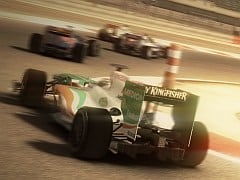
/https://oimg.videogamer.com/images/274c/f1_2010_5.jpg)
/https://oimg.videogamer.com/images/664c/f1_2010_4.jpg)
/https://oimg.videogamer.com/images/9c37/f1_2010_3.jpg)
/https://oimg.videogamer.com/images/1ac1/f1_2010_1.jpg)
